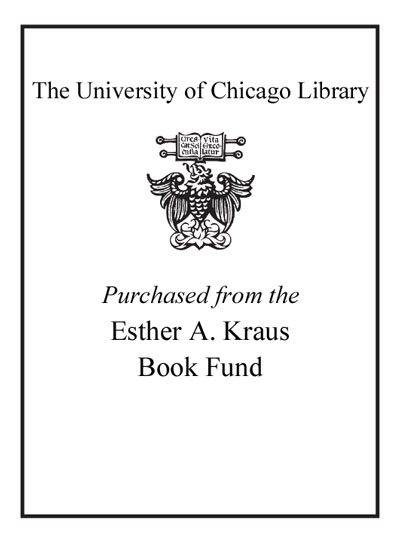Review by Choice Review
How does one become a famous, much-heralded, pioneering scientist? Autobiography can show the way. Peter and Rosemary Grant (Princeton Univ.) are famous students of evolutionary ecology, whose 40-year study of hybridization and speciation in Darwin's finches on Daphne Island (Galapagos) illustrated natural selection in action. Early chapters focus on Peter's family, education, fascination with butterflies, and the making of a scientist and field biologist. Later chapters cover his university career (Yale, Michigan, Princeton), partnership with his wife Rosemary, and what led to their research on the changing morphology of the finches and the hybrid origin of a new species. Several chapters that detail the trials of field biologists working in harsh, inaccessible conditions provide the backdrop for descriptions of the fieldwork and summaries of results. The book emphasizes the critical role of long-term studies, how they begin opportunistically and how they may end for lack of funding. Accounts of many travels and meetings for many honors and invited seminars are sprinkled throughout, leaving the impression that the Grants are interesting, unassuming people you'd like to meet. The book ends with COVID-19's impact on their lives and research. How the Grants met and how Rosemary maintained her own research career and growing reputation is an important part of the narrative. Summing Up: Highly recommended. Lower- and upper-division undergraduates. Graduate students and faculty. General readers. --Michael Gochfeld, emeritus, Rutgers Robert Wood Johnson Medical School
Copyright American Library Association, used with permission.
Review by Choice Review

